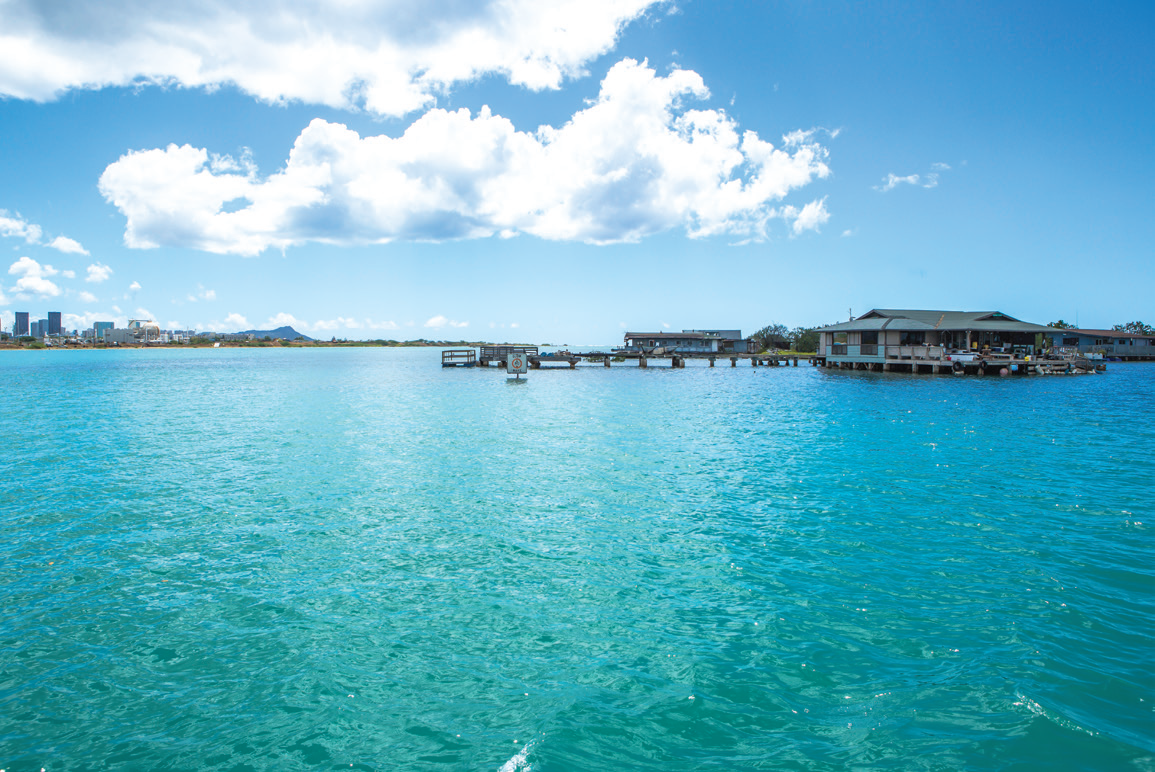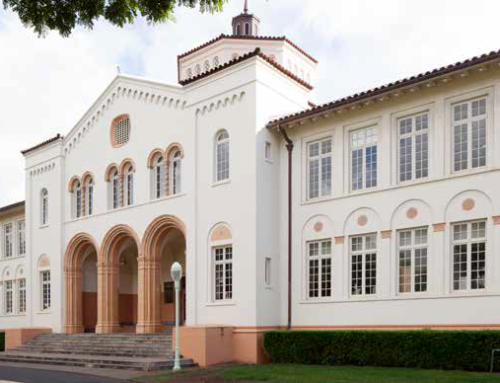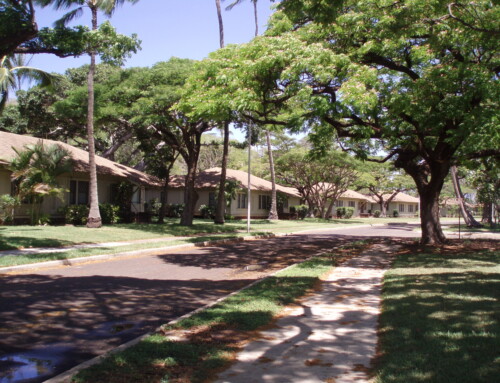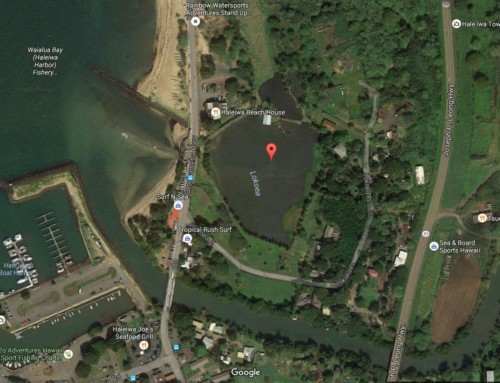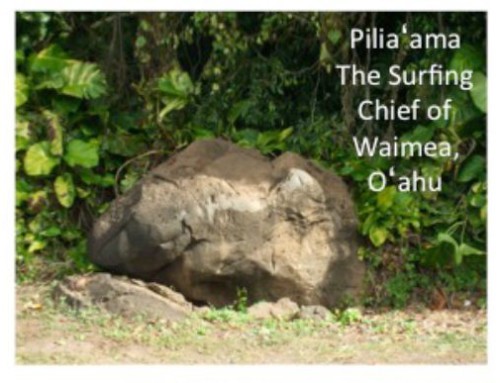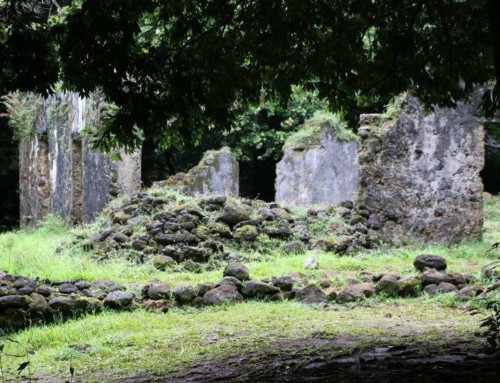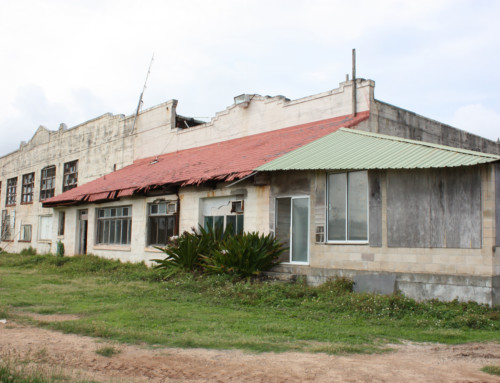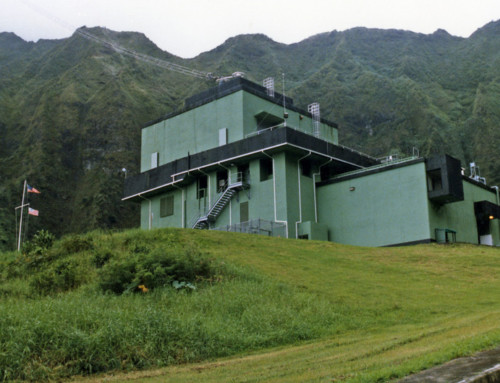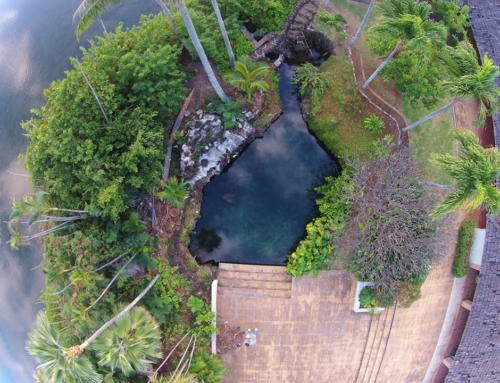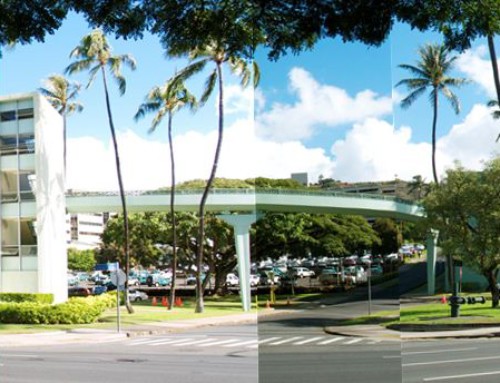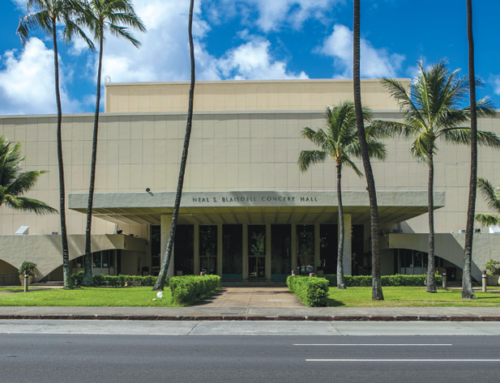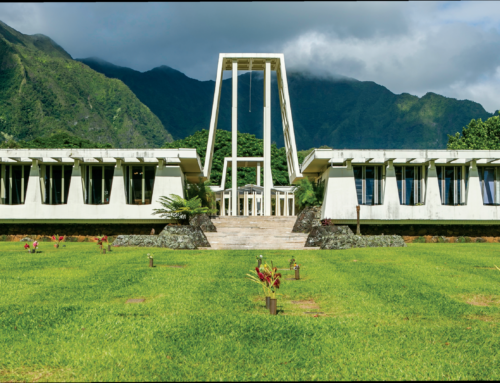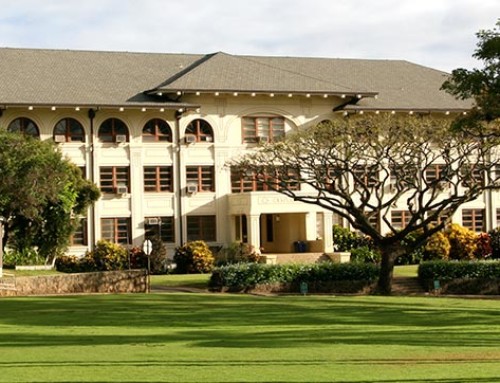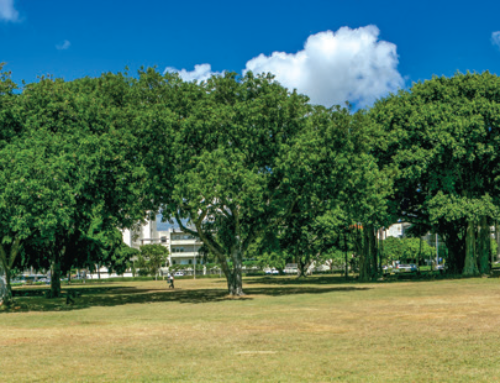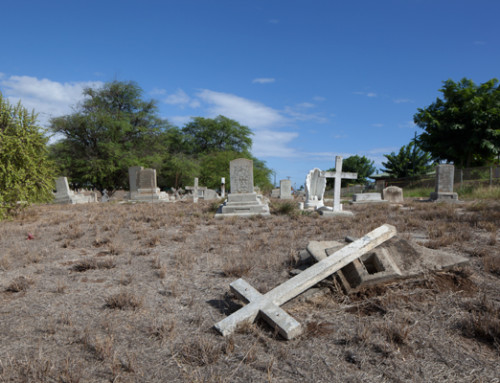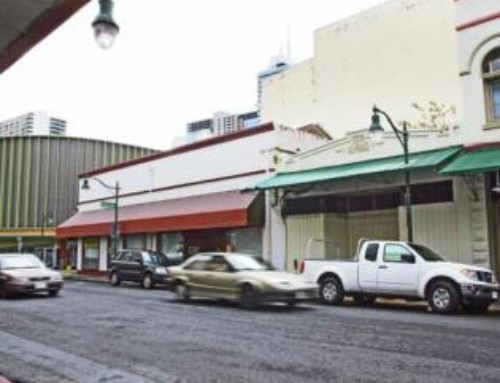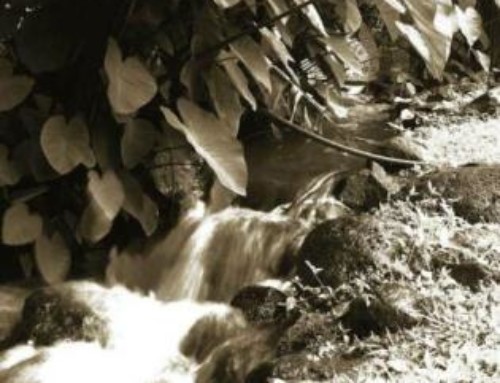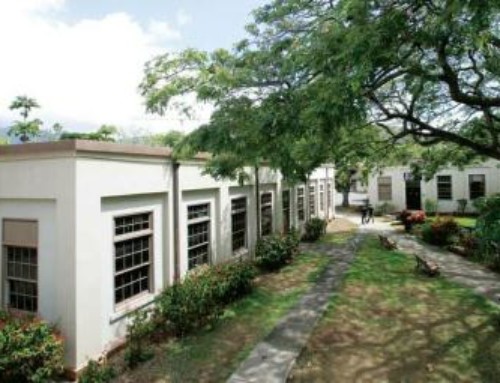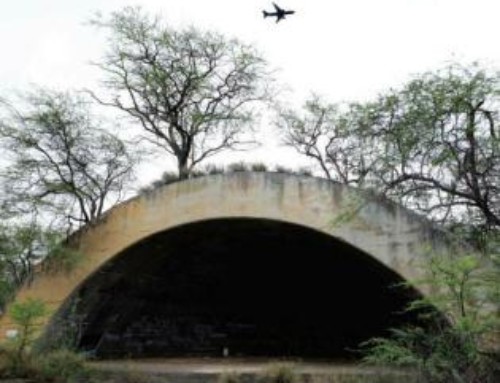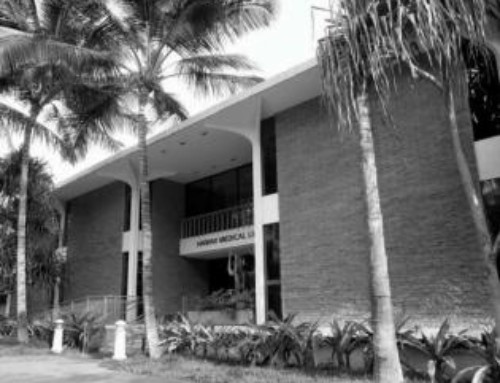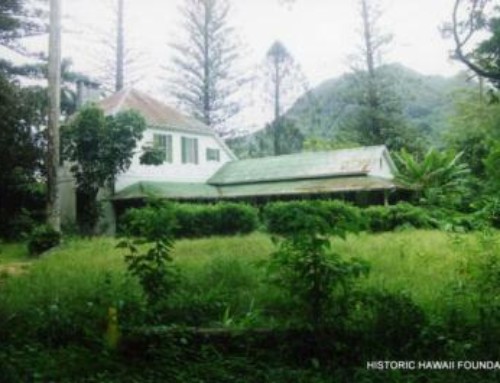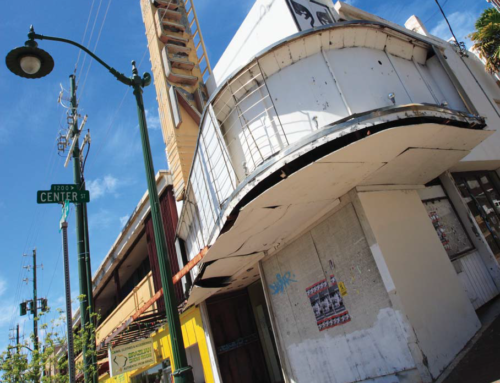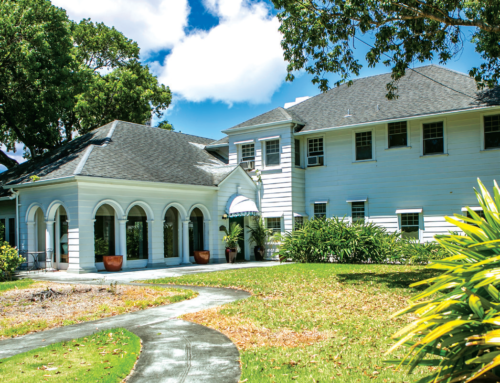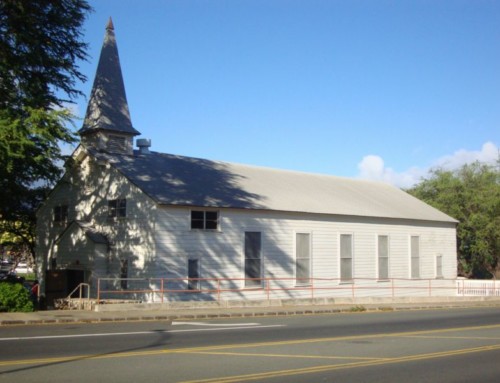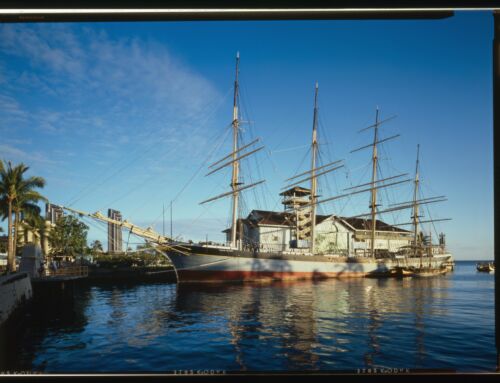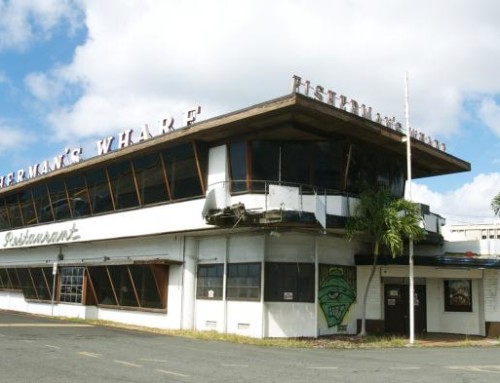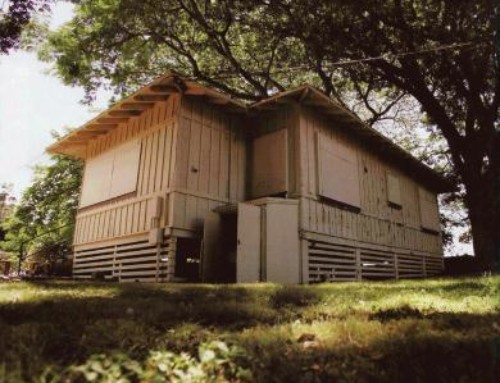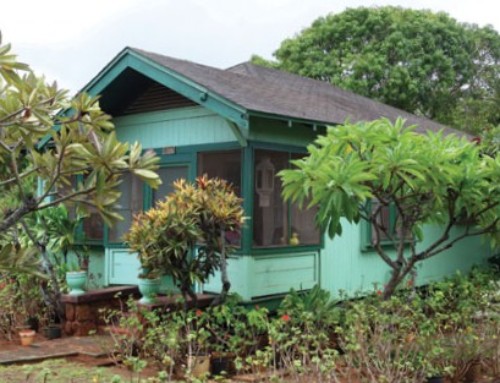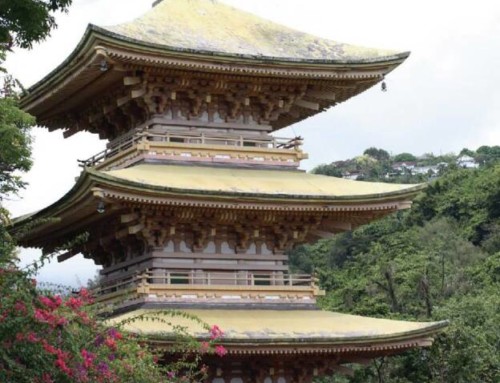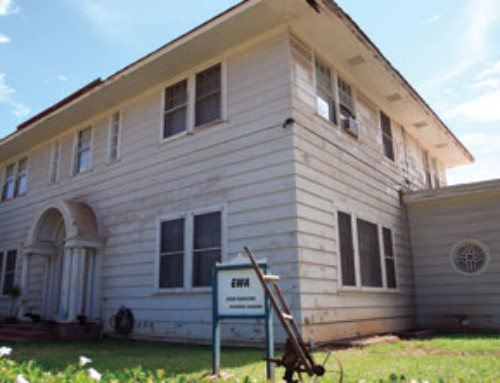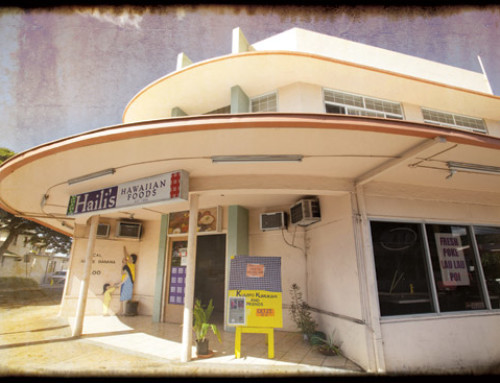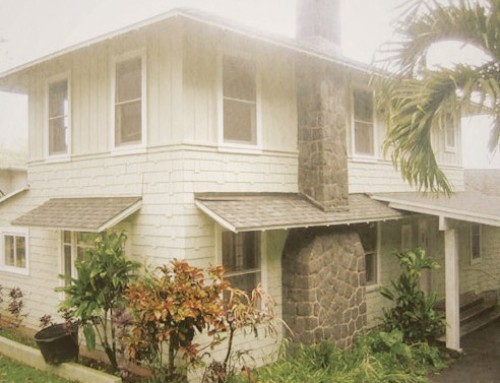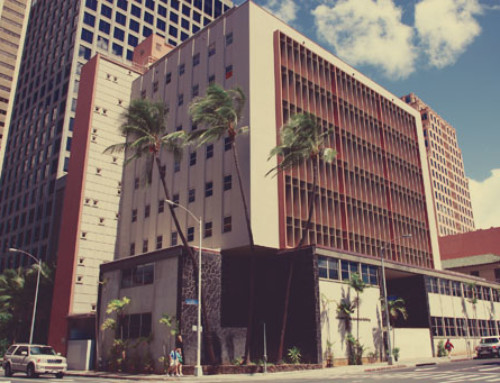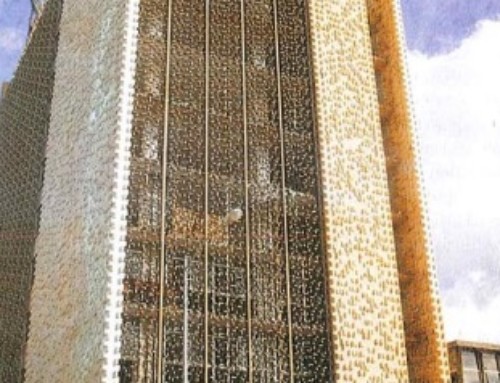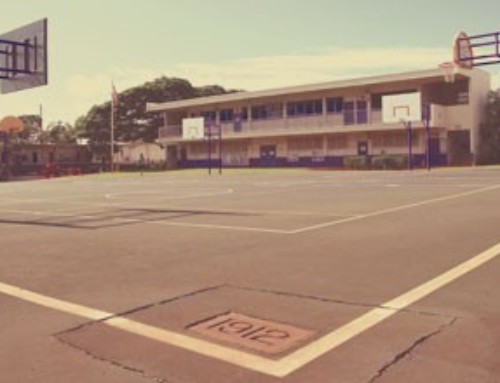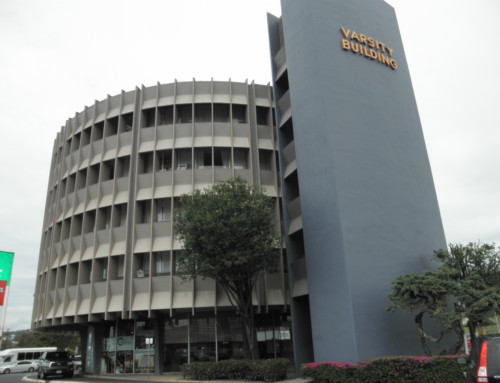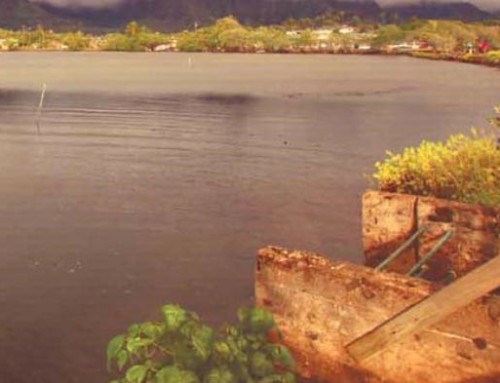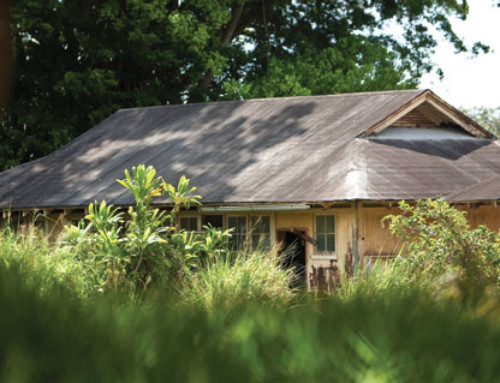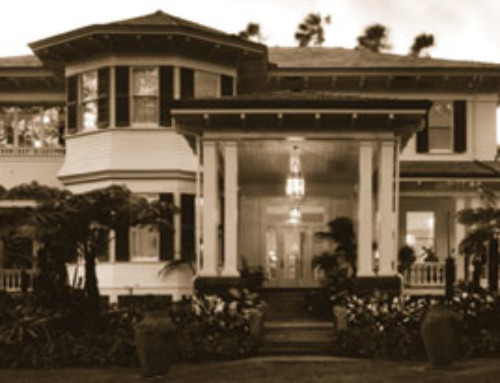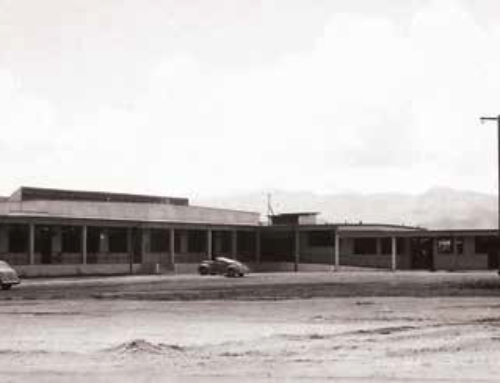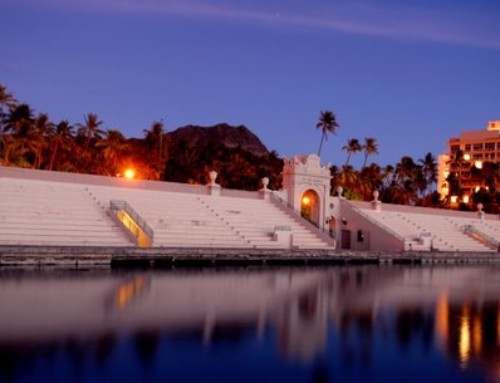Photography: Courtesy of David Croxford
Article Written By: Loren Moreno, HONOLULU Magazine
What is it?
Located in Ke‘ehi Lagoon, Mokauea is a tiny, 10-acre island, home to O‘ahu’s last remaining fishing village. Its history goes back to the Kingdom of Hawai‘i, with King Kamehameha III declaring in 1830 that Mokauea Island was a protected royal fishing site.
Over the years, fishing families have called Mokauea home, perpetuating Hawaiian fishing practices, as well as preserving traditional maritime knowledge. While only three families remain on the island today, as many as 14 families were temporarily evicted during World War II. In 1975, the state again attempted to evict families to allow for an extension of the airport’s reef runway. After pushback, the families were allowed to remain under a lease from the state that expires in 2043.
What threatens it?
In the past few years, the state Department of Land and Natural Resources has proposed building the Sand Island Ocean Recreation Park in Ke‘ehi Lagoon, which could include a marina of some 400 boat slips, a canoe pavilion and an activity center. Public information meetings were held on the project in 2011 and 2012, but it has yet to receive funding from the state Legislature, says Deborah Ward, DLNR spokeswoman.
Advocacy groups believe it would disturb the area’s marine environment and could potentially displace the remaining families that live on Mokauea Island. “Mokauea is part of the bigger puzzle of the whole cultural landscape of the area,” says archeologist Kehaulani Kupihea, whose family lives on the island. Kupihea says building a marina would create excessive motorized boat traffic in the waters surrounding Mokauea, disrupting the water for fishing and canoeing. The development would not be in the spirit of the cultural or historical significance of the location, she says. “Without Mokauea, we don’t have a place to go and practice these old ways.”
Ward disagrees that residents would be displaced or adversely affected. “The lease is a long-term document which provides them the opportunity to practice their traditional culture. The residents are not in any danger of being displaced by the ocean recreation park on Sand Island,” Ward says.
What can be done?
Community groups, such as Mokauea Fishermen’s Association, would like the public to be more aware of the historic significance of the area in order to work with state lawmakers and DLNR officials to find a solution that would allow recreation to continue, but would also preserve and protect the island’s heritage and sensitive environment. Ward says additional study would need to be done on Mokauea to determine what cultural or archaeological limits apply. “Because fishing villages have existed in this area since 1853 and probably earlier, it is likely that the island could qualify as a traditional cultural property. However, that does not preclude development,” Ward says.


